Twelve years ago, Conrad Grebel University College planted a black walnut tree and erected a sign marking the 200th anniversary of the arrival in 1805 of the first Mennonite settlers from Pennsylvania and the establishment of the “German Company Tract.” But time has a way of altering understandings of events and history. On Sept. 22, 2017, a new sign was erected beside the old one, acknowledging the larger and longer history of the land.
Led by Marlene Epp, Grebel’s dean, and Reina Neufeldt, professor of peace and conflict studies, the ceremony began with Indigenous smudging and a Mohawk welcoming song performed by the Waterloo Aboriginal Education Centre at St. Paul’s University College at the University of Waterloo.
Epp acknowledged that the sign was being erected on the “traditional territory of the Attawandaron [also known as Neutral], Anishinaabe and Haudenosaunee peoples. Grebel and the University of Waterloo are situated on the Haldimand Tract, land promised to the Six Nations [of the Grand River] that includes six miles on each side of the Grand River.”
Neufeldt noted that the original sign expressed “a limited narrative” about the land. “We also know we need time to think, to reflect and to educate ourselves. And most of all, to engage in ongoing dialogue and activity towards recognizing and repairing our relationships with Indigenous peoples as part of a journey towards reconciliation, here on UW campus and elsewhere.”
The new sign, crafted from a tree removed for a Grebel building project was designed by artist Megan Harder. The statement on the sign, written by members of Conrad Grebel and the Waterloo Aboriginal Education Center, acknowledges that “as buyers and settlers, Mennonites were, and are, implicated in a larger process of Indigenous dispossession.”
“Like the garden, we are under construction as we educate ourselves and alter our understandings and our narratives to reflect neglected histories,” Neufeldt said. “We chose to leave the current plaque as a reminder of settlement history. And we hope to invite you here again in the future for the next phases of transformation.”
Lori Campbell, director of the education centre, responded by saying that she will “always be a visitor on this land,” and that “reconciliation is not a ‘check-box’, it’s not something that’s just complete. What we’re looking for is the ongoing reciprocal relational piece. We really appreciate this about Conrad Grebel.”
The unveiling ended with the singing of “Come Walk with Me, the Journey is Long” and the sharing of fry-bread from the education centre, apples and popcorn.
—Corrected Oct. 13, 2017


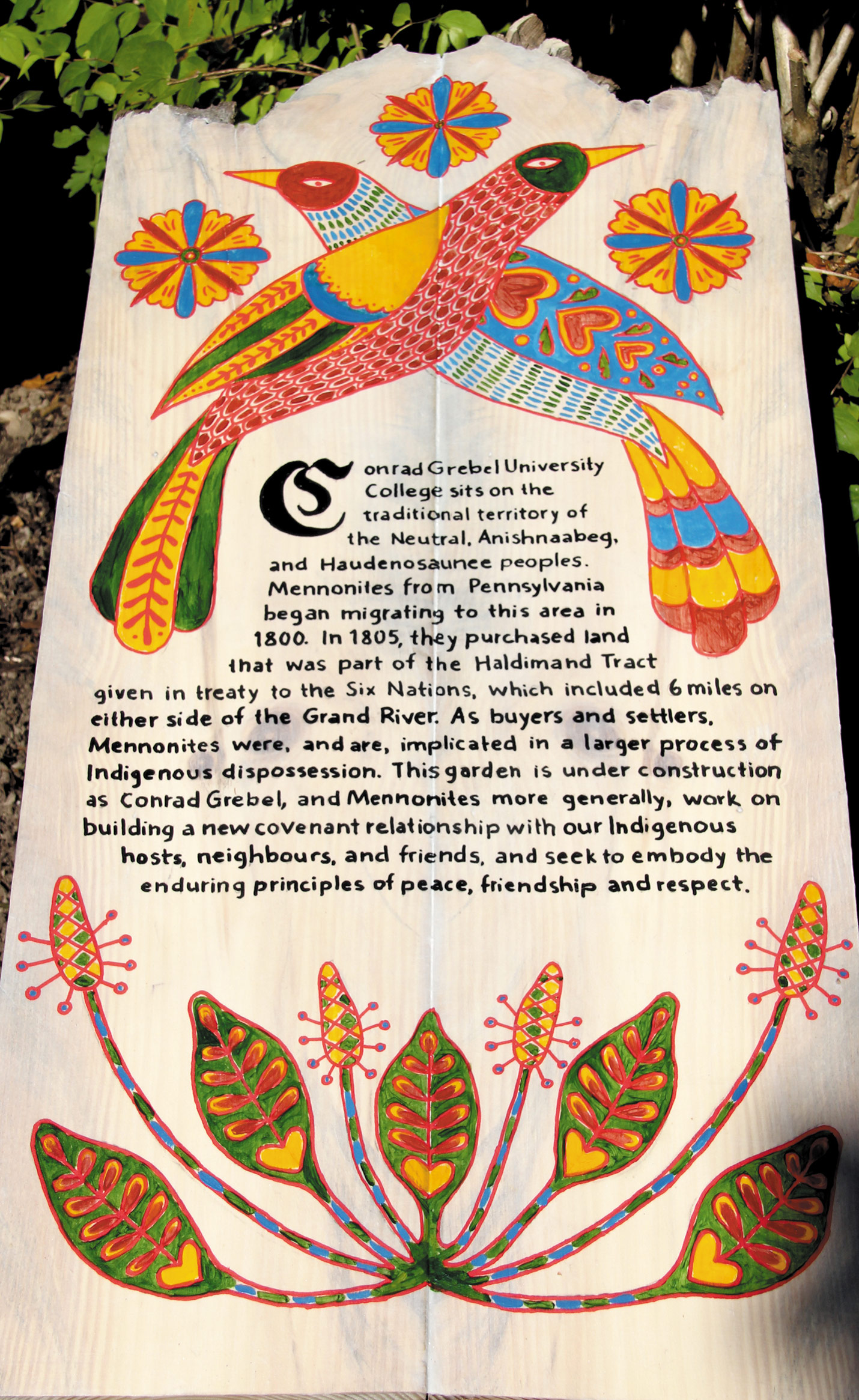
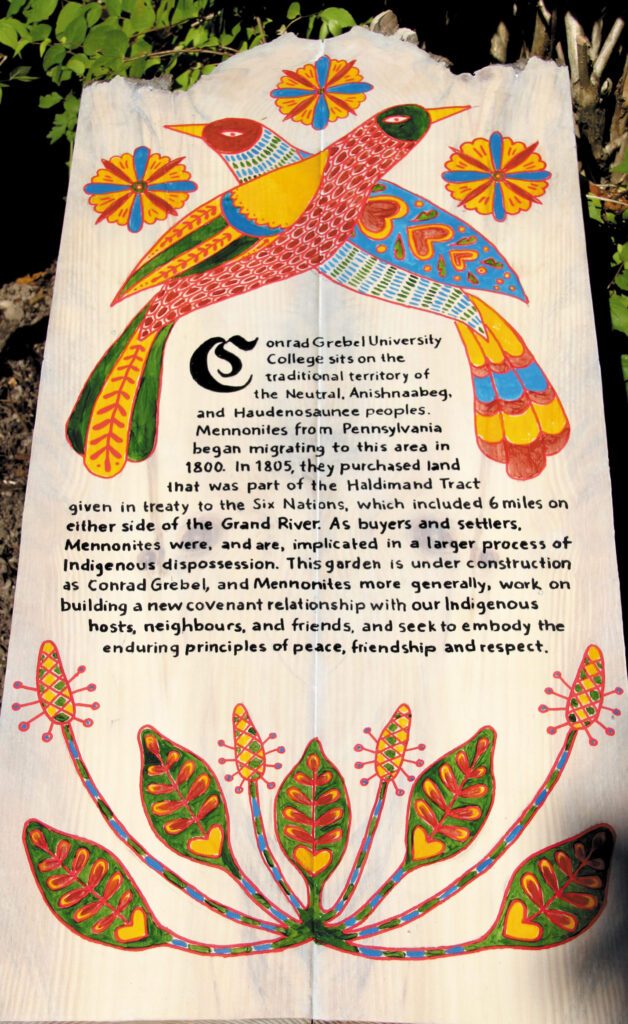
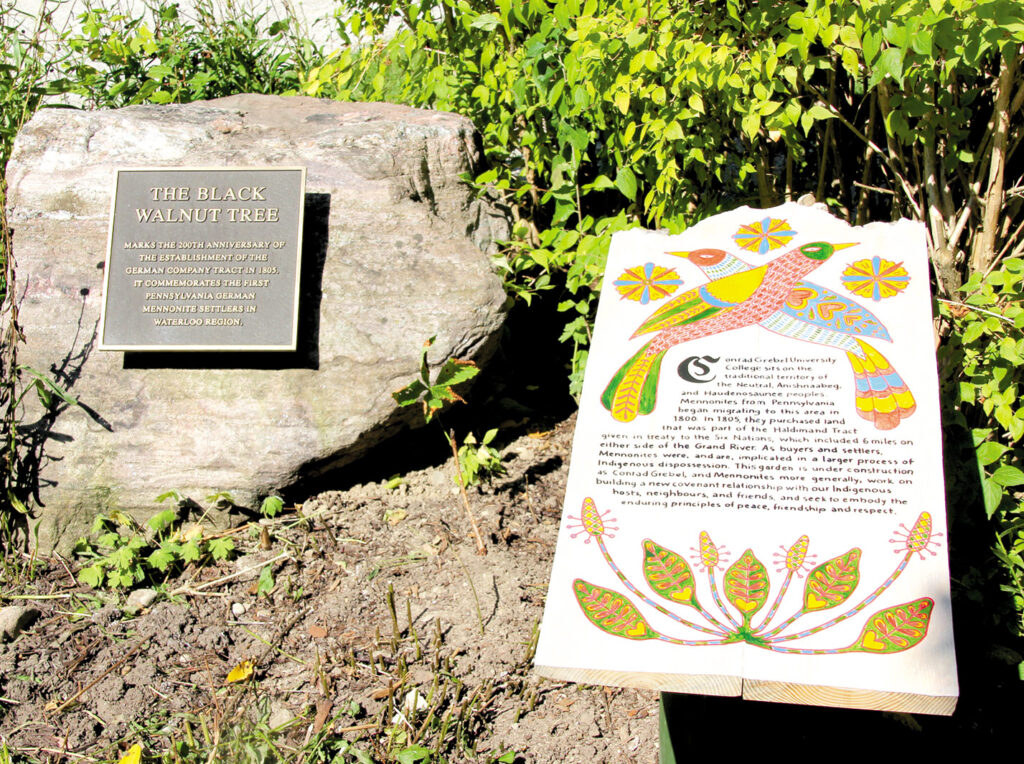
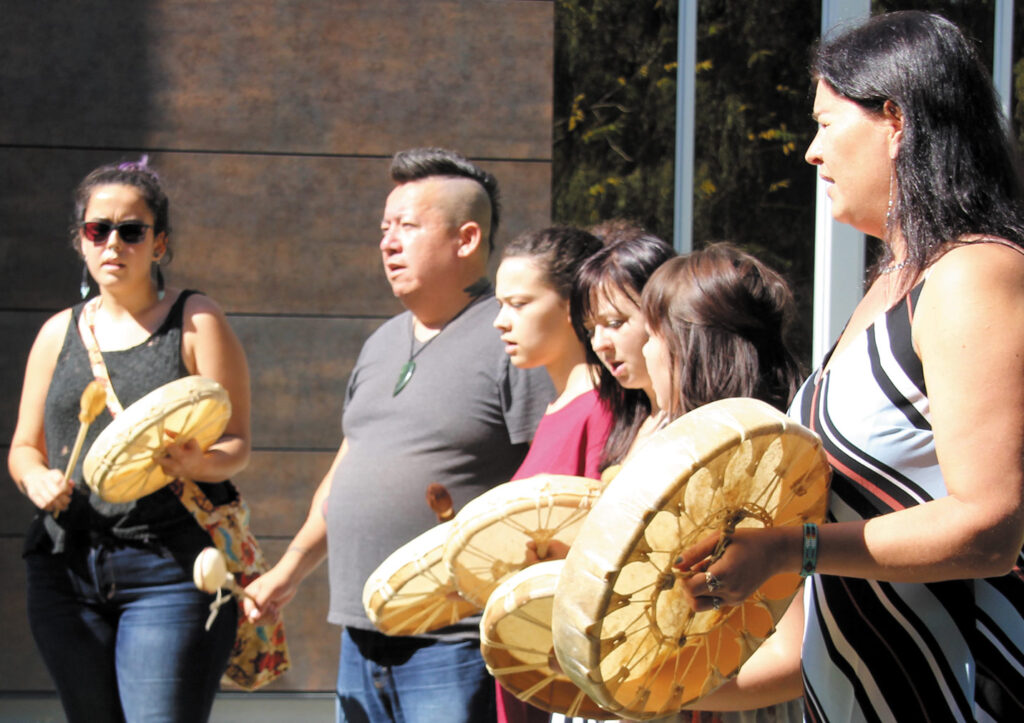
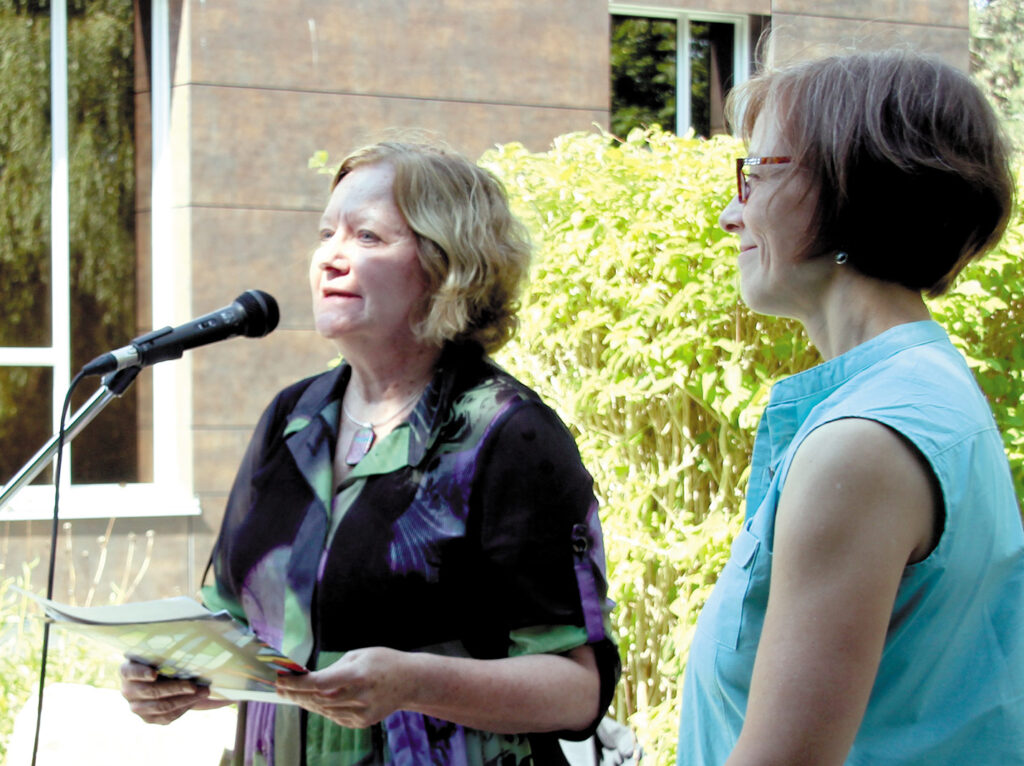


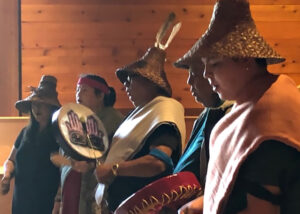

Leave a Reply
You must be logged in to post a comment.